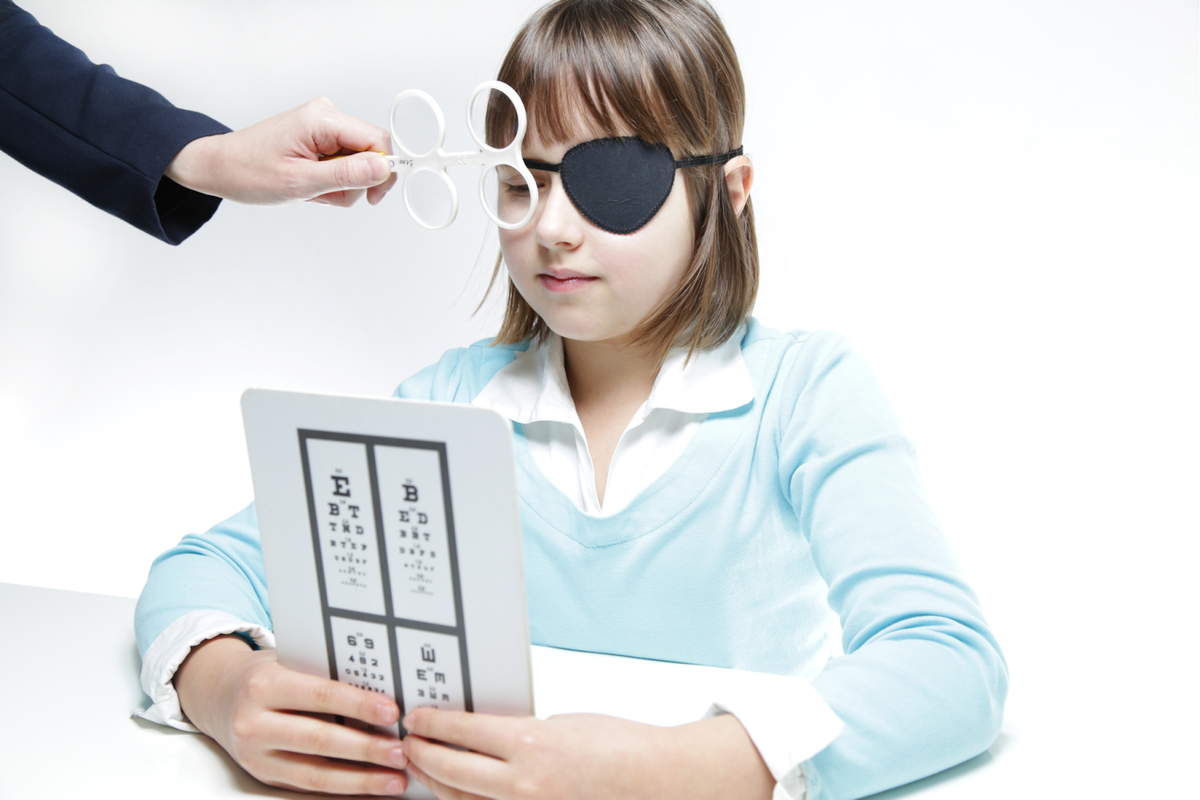Diverse Learning

Behavioural/Developmental Optometry Recommended?
Written By - Jennifer Stephenson and Kevin Wheldall - MUSEC -
Macquarie University Special Education Centre
Statement of the Problem
Behavioural optometrists claim that problems with the visual system can contribute to difficulties with learning, reading, writing, sports activities and attending. They claim that they take a “holistic approach” to vision and that visual difficulties may be present despite healthy eyes and no sight problems.
Proposed Solution/Intervention
Behavioural optometrists do not claim to cure dyspraxia (developmental coordination disorder or DCD), reading difficulties, ADD/ADHD or other disorders, but they do claim that they can alleviate difficulties. After the initial assessment, a behavioural optometrist will typically prescribe a course of treatment. They use a variety of treatments that may include the use of lenses and prisms, the use of coloured lenses or overlays, and vision therapy. Vision therapy might include exercises and activities to be completed on a computer or with pencil and paper. Children would typically be asked to complete daily activities at home, with regular visits to the behavioural optometrist. A course of treatment may be for 8-12 weeks.
The theoretical rationale – how does it work?
Vision therapy is claimed to improve the functioning of the visual system. They claim that the visual system may not have developed appropriately, and remediation will reduce difficulties. Activities are claimed to improve eye tracking, visual processing speed, visual sequential memory, visual discrimination, visual motor integration, visual-spatial skills and rapid naming.
What does the research say? What is the evidence for its efficacy?
There are many areas where claims are made for the benefits of behavioural optometry but research evidence for efficacy, particularly from randomised controlled trials, is singularly lacking. Although perceptual problems may contribute to dyspraxia/DCD, there is little evidence that skills improve as a result of vision therapy. Again, children with ADD/ADHD may have visual anomalies, but there is no evidence that vision difficulties are causal or that behavioural optometry is beneficial. Moreover, there is a clear consensus among reading scientists that visual perception difficulties are rarely critical in reading difficulties and that the problem is typically more to do with language, specifically phonological processing. There is no evidence to support the use of vision therapy for reading difficulties. Finally, there is no evidence that vision therapy improves sporting performance.
Conclusions
Although children with coordination, reading, writing and other difficulties should have their vision assessed to ensure that they do not have acuity or refractive problems (or similar problems), additional assessment by behavioural optometrists is not recommended. There is a clear need for further quality research to test the claims made by behavioural optometrists. Until these claims are tested, and clear evidence for efficacy is available, behavioural optometry cannot be recommended.
Alternative Options
Explicit instruction in the specific areas causing difficulty is recommended.
The MUSEC verdict: Not recommended
Key references may be found at:
https://www.spelfabet.com.au/musec_briefing_33_behavioural_optometry-1/
Further information
https://ranzco.edu/news/ophthalmologists-condemn-channel-7-report-on-behavioural-optometry/ - Ophthalmologists condemn Channel 7 report on behavioural optometry
https://www.insightnews.com.au/ranzco-challenges-evidence-behind-behavioural-optometry/ - RANZCO challenges evidence behind behavioural optometry
https://doi.org/10.1080/19404158.2024.2401784 - A critique of behavioural vision therapy techniques for children with reading difficulties including dyslexia
Ms Janelle Schembri | Diverse Learning Coordinator


